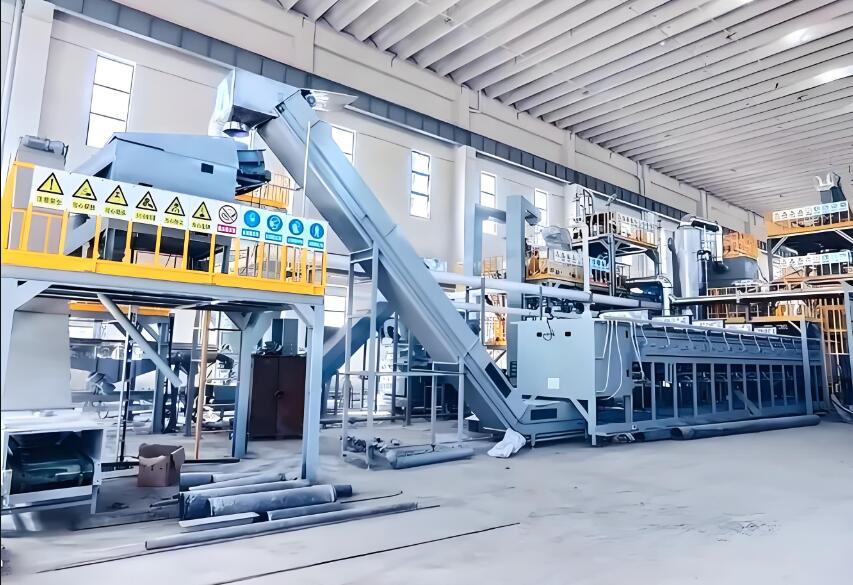
Fossil fuels should gradually be replaced by other energy carriers. As a storage medium for renewable energy, the production of batteries and rechargeable batteries is constantly increasing. Therefore, there is also a greater need for economical recycling methods. The related climate debate, increasing environmental awareness, high gasoline prices, and emission scandals have made electric vehicles increasingly popular - but what should be done when the raw materials used to produce electric vehicle batteries run out? And where will the old battery be placed?
JHT provides an efficient and safe process for the environmentally friendly and safe recycling of batteries and batteries, as well as the recycling of raw materials such as copper, lithium, nickel, cobalt, or manganese.
- JHT has developed an innovative, safe and environmentally friendly recycling process for batteries and accumulators. This new recycling process combines two advantages: on the one hand, precious minerals do not end up as electronic waste; on the other hand, the process can offset the shortage of raw materials and rare earths. The core of this recycling process is an innovative process. The separation and evaporation of the electrolyte from the crushing to the dryer are carried out under a protective gas atmosphere. The main dangers in the battery recycling process: fire and the escape of toxic gases are avoided with suitable methods.
- Recycling used batteries and accumulators is no simple task: if they enter the wrong crusher, they can cause dangerous fires. JHT’s new process effectively avoids this danger. After deep discharge, the batteries are crushed in a protective atmosphere using one or two crushers. The slow-running twin-shaft crusher reliably crushes large battery packs and modules with its interlaced cutting knives. In the main crushing step, the cells or pre-crushed material is processed to the target size in a single-shaft crusher such as a rotor universal crusher. The components then fall through a correspondingly designed grid segment into a universal crusher. The crushed batteries are then heated in batches in a horizontal continuous dryer or batch dryer in order to evaporate the electrolyte components and recover them via a condensation unit. The solid components, which are completely free of electrolyte, are treated dry mechanically. After a preliminary screening, the ferrous material is recovered. This is followed by a light/heavy separation by sieving. The remaining composite material enters a second crushing stage for dry mechanical sorting. The ferrous material as well as the smeltable copper concentrate and aluminum concentrate can be recovered as finished products.
- We can offer different sizes of crushing according to your requirements. All types of cells and modules can be processed with our process. The end products obtained include aluminum, high-quality refined copper and pure black material, which contains lithium salts, manganese, cobalt or nickel, depending on the type of battery. All three types of fractions can be directly sold later.
Airtight processes protect employees and the environment
To ensure the safety of the test system and to protect its employees, JHT has implemented a complex safety concept: First of all, it is checked whether the batteries to be shredded are actually completely and deeply discharged. The two BHS shredders used – the pre-shredder rotary shear (VR type) and the primary material shredder universal shredder (NGU type) – are gas-tight and filled with nitrogen. This reduces the risk of explosions and fires. Sensors in the shredders monitor the entire process. If the pressure or temperature inside the machine suddenly increases, the control system reacts and automatically stops the shredding process. In the event of a fire, the machine can also be completely flooded with water.
JHT also pays great attention to the protection of people and the environment when storing and transporting the shredded battery material. The crushed batteries fall directly into UN-certified barrels; a hydraulic slide valve system prevents any contamination of the environment. It goes without saying that all employees are equipped with personal protective equipment (PPE), and the factory’s fire brigade is present during every test. To ensure that such high safety standards are maintained, ZÜS conducts an annual inspection and studies possible adjustments to the processes – for example, if JHT adopts solid batteries for testing in the future.
LEARN MORE ABOUT THE PRODUCT
Share your phone number, call you!
